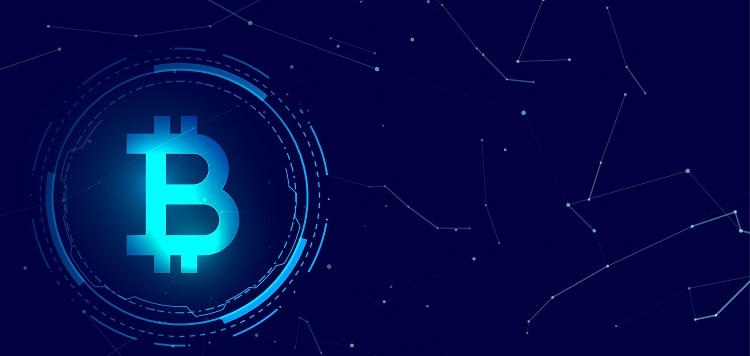In recent years, there has been growing interest in the concept of tokenization and its potential to transform various industries. Tokenization is the process of converting an asset into a digital token that can be traded, transferred, or stored on a blockchain-based platform. By leveraging blockchain technology, tokenization offers a transparent, secure, and efficient means of managing and trading assets, driving the global economy towards a more inclusive and accessible future.
Benefits of Tokenization
Tokenization offers a plethora of benefits, including increased liquidity, improved visibility, seamless ownership transfers, and access to global markets. By eliminating intermediaries and reducing transaction costs, tokenization can increase the accessibility, liquidity, and transparency of assets. Moreover, tokenization also allows for fractional ownership, enabling investors to diversify their portfolios and minimize risks.
How Blockchain technology enables tokenization
Blockchain technology creates the most optimal environment for executing the concept of tokenization. Blockchain’s unique combination of decentralization, immutability, transparency, and cryptographic security makes it an ideal platform for tokenization. All transactions are recorded in a decentralized digital ledger, which is immutable and transparent, ensuring that the data remains secure and free from tampering.
Objectives of Tokenization
The primary objective of tokenization is to increase accessibility, liquidity, and transparency of assets, while reducing transaction costs and simplifying ownership transfers. By tokenizing assets, investors can easily trade and transfer ownership of assets globally without the need for intermediaries such as banks, brokers, or lawyers. This, in turn, can increase market efficiency, reduce the risk of fraud, and promote greater liquidity.
Platforms for creating tokens
The underlying platform for creating tokens does not necessarily have to be a blockchain but it can also be a normal application. However, the majority of tokenization projects utilize blockchain technology because of its unique capabilities. The most popular blockchain platforms for creating tokens are Ethereum, Binance Smart Chain, and Polkadot.
Tokenizing anything of value
Anything that has value can be tokenized. This includes traditional assets such as real estate, stocks, bonds, and commodities, as well as intangible assets such as copyrights, patents, and intellectual property. By tokenizing these assets, they become easily tradable and transferable, improving liquidity and accessibility.
Redefining asset ownership and value with blockchain-based tokenization
With blockchain-based tokenization, we are redefining our understanding of asset ownership and value. Traditional assets are often illiquid, requiring significant time, effort, and expense to transfer ownership or sell them. In contrast, tokenized assets can be easily and quickly traded on a global scale. This creates an entirely new paradigm for ownership, expanding the pool of potential investors and shifting the traditional dynamics of asset ownership.
Asset-backed tokens and their classifications
Asset-backed tokens can be further classified into security tokens, such as equity or debt tokens, which represent financial instruments and are subject to securities regulations. Utility tokens, on the other hand, represent a right to access a product or service. Asset-backed tokens offer investors the opportunity to invest in traditional assets without the need for traditional financial intermediaries, such as banks or other financial institutions.
The Importance of Transparency in Tokenization
Transparency promotes accountability and discourages fraudulent behavior, as any attempts to manipulate the data would be easily detected by other network participants. Blockchain-based tokenization ensures that all ownership and transaction records are transparent and verifiable, thereby increasing trust and confidence in the market. By providing access to verifiable and real-time information, tokenization can reduce the risk of fraud and increase market efficiency.
Future possibilities and innovations in tokenization
The possibilities for further innovation and disruption are limitless. By leveraging blockchain technology, tokenization can provide new opportunities for fundraising, democratizing access to investments, and opening up new markets. Tokenization has the potential to revolutionize how we invest in assets and how we transfer ownership of those assets.
Tokenization, enabled by blockchain technology, enables an inclusive and accessible global economy. Tokenization offers a plethora of benefits, including liquidity, improved visibility, seamless ownership transfers, and access to global markets, which make it an exciting prospect for the future of our global economy. By creating a secure, transparent, and efficient environment for managing and trading assets, tokenization is rewriting the rules of ownership and value, fueling a new era of economic growth, and driving global financial inclusion.

